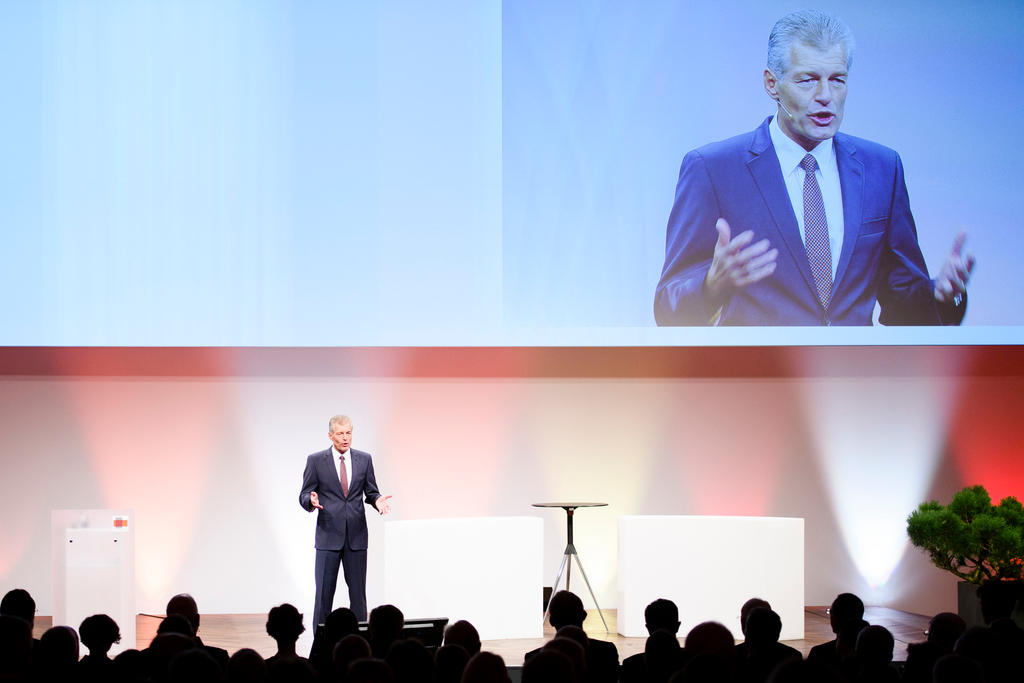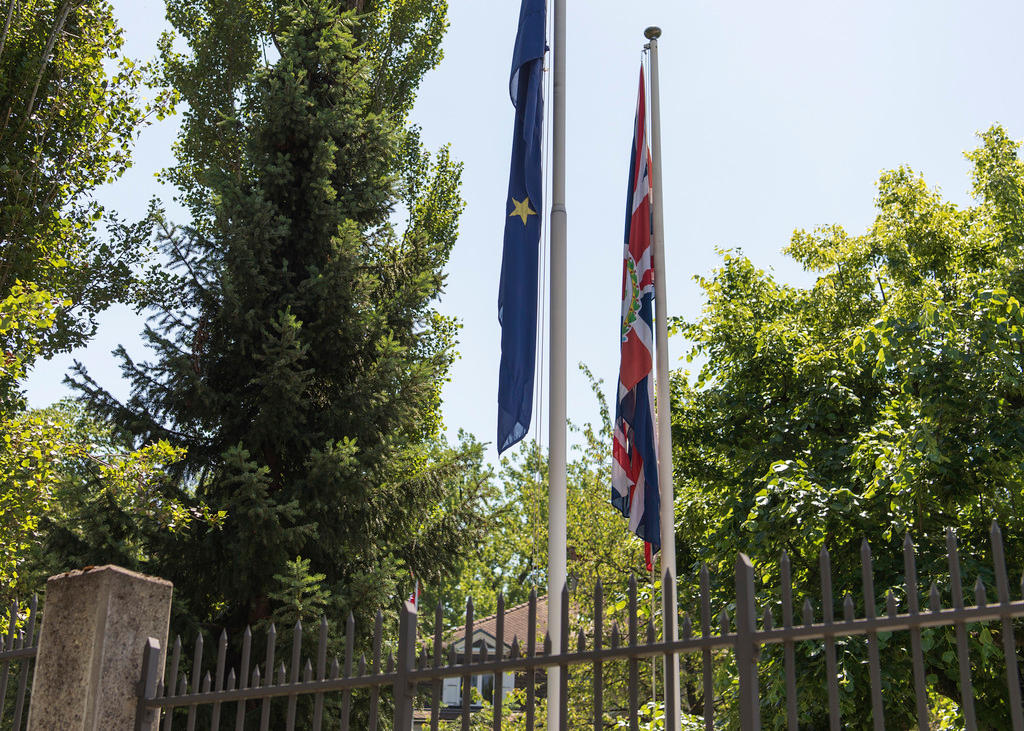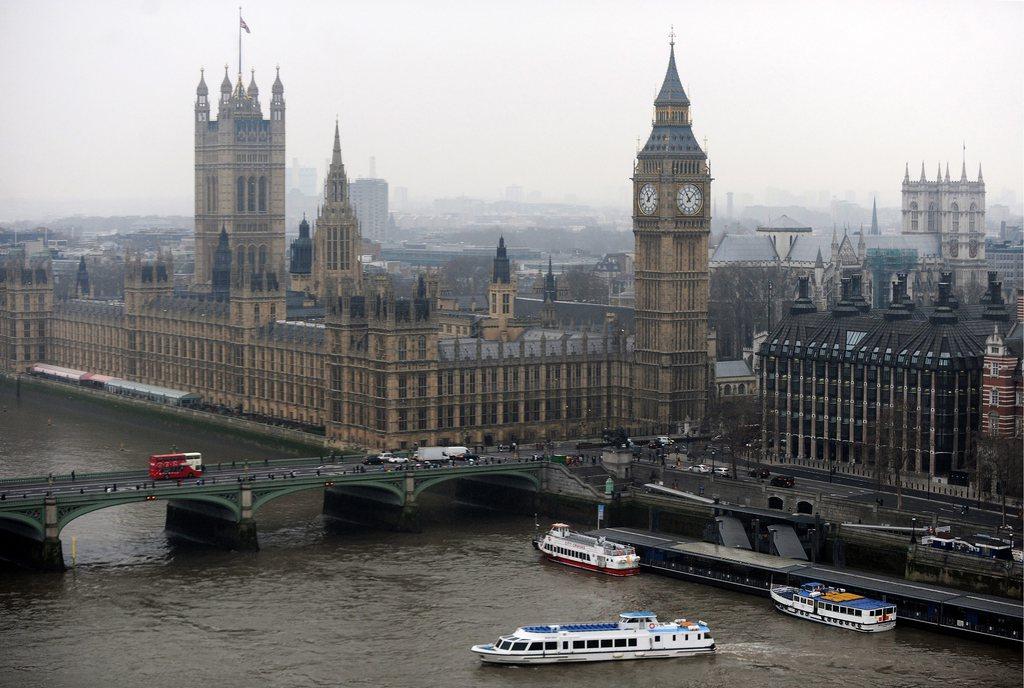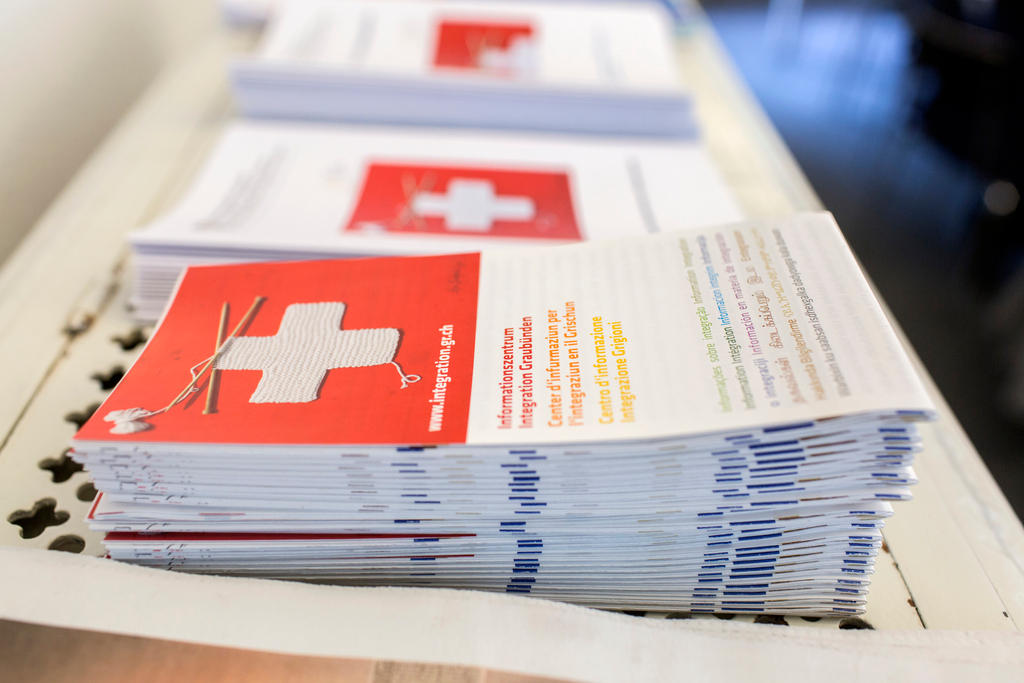Business worried by EU situation

Switzerland is in a dilemma due to the “mass immigration” initiative to cap the number of European Union workers allowed into the country, a meeting of top Swiss figures has heard. Brexit could also make Swiss-EU relations more complicated.
It has been 30 months since the “mass-immigration” initiative was accepted in a nationwide vote, but there is still no viable solution for implementing it, said Heinz Karrer, the president of economiesuisse, the Swiss Business FederationExternal link, which held its “Economy Day” in Bern on Friday.
The population’s decision to accept the initiative, which seeks to limit the number of EU citizens working in non-EU Switzerland, has shaken relations between the two bodies. The EU sees the initiative as going against its cherished freedom of movement. Negotiations are currently stalled between the two sides on how the implement it.
Karrer is worried about the impact on Switzerland’s bilateral agreements with the EU, from which Switzerland benefits economically, as he told an audience of more than 500 people from the business, politics, cultural and science worlds.
Switzerland is in a dilemma here, he continued, and the United Kingdom’s Brexit decision of June 23, “makes the already difficult search for an amicable solution even harder”.
Optimism?
State Secretary Jacques de Watteville however was more optimistic. “Of course we are in a delicate phase, in which positions are becoming more entrenched. But a window of opportunity is opening,” said the diplomat, who is in charge of negotiations in the Swiss-EU relationship.
Swiss President Johann Schneider-AmmannExternal link added that, in his view, a pragmatic solution would be found. Negotiations would continue: a meeting between himself and the president of the EU Commission, Jean-Claude Juncker is scheduled for September 19.
Both de Watteville and Karrer underlined the importance of consolidating the bilateral path. Karrer said that the agreements had a positive influence on economic growth. Gross Domestic Product per inhabitant would fall by 5.7% if there were no bilateral accords, he pointed out. Also, the EU accounts for two thirds of Swiss trade relations, so it is very important for Switzerland to retain access to intra-European trade.
Karrer added that post-Brexit discussions with the UK must be started quickly because the country was an important trading partner for Switzerland.
His comments came shortly after a survey that revealed that the Swiss population generally takes a more optimistic view over the Brexit effect for Switzerland. According to the report, carried out by the gfs.bern research institute as part of the Credit Suisse Worry Barometer 2016 and published on August 21, most Swiss believe that benefits are likely or could even be major for the Swiss economy.
And 54% think Brexit will have a positive impact on negotiations between Switzerland and the EU.

In compliance with the JTI standards
More: SWI swissinfo.ch certified by the Journalism Trust Initiative



You can find an overview of ongoing debates with our journalists here. Please join us!
If you want to start a conversation about a topic raised in this article or want to report factual errors, email us at english@swissinfo.ch.